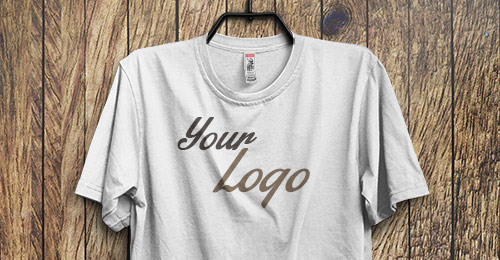In the era of mass production and standardization, the trend of customization has emerged as a powerful force, reshaping the way businesses operate and interact with their consumers. But why do consumers want customization? This article delves into the psychology behind this growing demand and explores how businesses can leverage this trend to their advantage.
The first and foremost reason why consumers crave customization is the desire for uniqueness. In a world where mass-produced items are the norm, having something that is uniquely yours is a luxury. Customization allows consumers to express their individuality and personal style, making them feel special and valued. This is particularly true in industries like fashion, home decor, and technology, where personal taste and preferences play a significant role.
Secondly, customization gives consumers a sense of control. By being able to tailor a product or service to their specific needs and preferences, consumers feel empowered. This sense of control can enhance their overall satisfaction with the product or service, leading to increased loyalty and repeat purchases.
Another key factor driving the demand for customization is the rise of digital technology. With advancements in 3D printing, AI, and other digital technologies, customization has become more accessible and affordable than ever before. Consumers can now customize their products with just a few clicks, making the process quick, easy, and convenient.
Moreover, customization can also enhance the perceived value of a product or service. When consumers are involved in the creation process, they tend to value the end product more. This can lead to higher willingness to pay, boosting a company's profitability.
However, while customization offers numerous benefits, it also presents challenges for businesses. Customization requires a flexible and responsive supply chain, capable of handling individual orders efficiently. It also demands a deep understanding of customer preferences and behaviors, which can be complex and ever-changing.
To succeed in this new era of customization, businesses need to invest in advanced technologies and data analytics. They also need to foster a culture of innovation and customer-centricity, constantly seeking ways to meet and exceed customer expectations.
In conclusion, the desire for customization is driven by a variety of factors, including the desire for uniqueness, the sense of control, the rise of digital technology, and the perceived value. By understanding these factors, businesses can better cater to their customers' needs and desires, creating a win-win situation for all.

